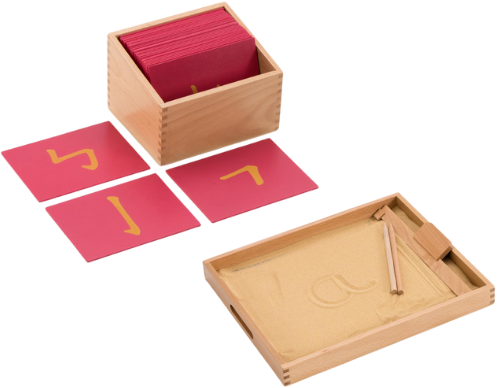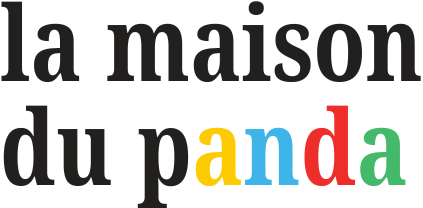Discover the Difference: Montessori Mandarin for Young Learners
Hands-On Learning
Concrete to Abstract Progression
Montessori approach starts with concrete, sensory-rich activities that make learning Chinese accessible and engaging. As children become more familiar with the language, they transition to more abstract concepts.
Individualized Learning Plans
Montessori provides a unique and personalized teaching plan for each child, catering to their individual needs and developmental pace, which supports effective language acquisition.
Isolation of Difficulty
By isolating specific language difficulties, Montessori helps children focus on one aspect of Chinese at a time, making learning more manageable and less overwhelming.
Indirect and Direct Preparation
The Montessori method includes both indirect preparation (subtle, supportive activities) and direct instruction to prepare children thoroughly for learning Chinese, ensuring a comprehensive understanding.
Little Linguists: Why 0-6 Years is the Golden Age for Lanaguage Learning
Sensitive periods
Sensitive periods help the child to construct and create human characteristics and functions. The sensitive period of language, from birth to six years old, ensures that the human voice is the most compelling of all for our hearing mechanism and a child’s attention is captured by the human voice which is what they need to create language, instead of by any speech in his environment. The child has the sensitivity for any language that he hears not only the mother language.
From birth to six years old, a child’s brain acts as a language sponge, their ears are naturally tuned to the sounds of human voices, making it the perfect time to introduce them to Mandarin.

The Amazing Absorbent Mind

The Power of Early Mandarin Learning
Children naturally learn languages with astonishing ease, making it the perfect time to build a solid foundation in Chinese. This head start on fluency will give them an advantage that may last a lifetime.
The complexity of Chinese characters and tones acts as a workout for young minds. Learning Chinese strengthens problem-solving skills, enhances memory, and boosts overall cognitive development.
Early exposure to Chinese helps children develop an strong appreciation for Chinese culture, traditions, and history, fostering a global perspective and cross-cultural understanding.
Mastering Chinese from a young age opens up opportunities as one of the world’s most widely spoken languages, which can be beneficial for personal, academic, and future career opportunities.
Children who learn a second language, like Mandarin, early on find it easier to pick up additional languages later on. It’s like gaining superpowers for language learning!
Mandarin introduces unique linguistic structures and cultural concepts, encouraging children to thinking outside the box and approach problems differently.
